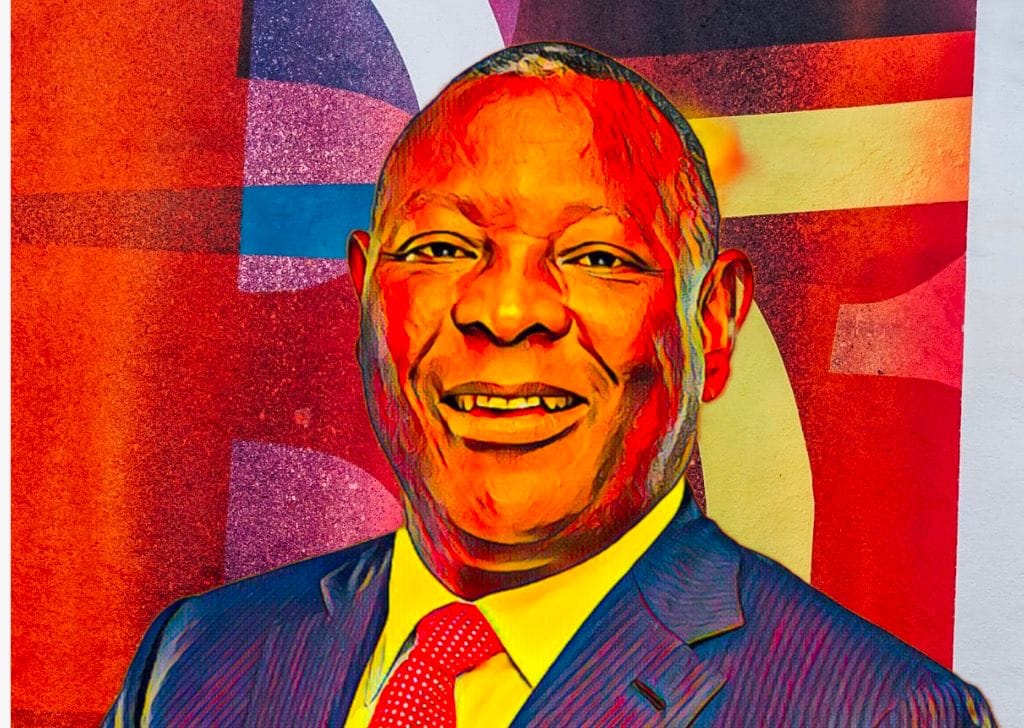James Mwangi’s Equity Group invests $76.7 million in Congo unit

Equity Group Holdings, a leading financial services group led by Kenyan businessman James Mwangi, has recently invested an additional $76.7 million in the Democratic Republic of Congo (DRC) by acquiring smaller stakeholders.
The move underscores the lender’s bullish outlook on the Congolese market, positioning it to dominate the rapidly growing East and Central African banking sector.
As part of its efforts to strengthen operations in the region, the James Mwangi-led banking group acquired an additional 6.6 percent stake in EquityBCDC, the second-largest bank in DR Congo by assets, during the 2022 fiscal year.
This acquisition came through a buyout of minority shareholders, increasing Equity Group Holdings’ stake in the bank from 77.5 percent in 2021 to 84.1 percent presently.
By increasing its investment in DR Congo, Equity Group Holdings aims to solidify its position as a leading player in the region’s banking sector, which is projected to attract a significant customer base of 100 million by 2030.
The group also increased its shareholding in the Congolese subsidiary, purchased 452,659 shares for $70.5 million via a rights issue, and capitalized retained earnings of $6.85 million in Equity Bank Uganda, which boosted Uganda’s share capital from $25.07 million to $31.92 million.
These investments brought returns for Equity Group Holdings, as the group posted a 15 percent increase in its profit at the end of its 2022 fiscal year, rising from Ksh40.07 billion ($304.2 million) to Ksh46.1 billion ($350 million).
As a result of this impressive financial performance, the company’s total assets significantly expanded from Ksh1.305 trillion ($9.93 billion) to Ksh1.447 trillion ($11 billion), while retained earnings soared from Ksh146.78 billion ($1.11 billion) to Ksh189.57 billion ($1.44 billion).
Mwangi, the CEO of Equity Group, hailed the bank’s outstanding financial performance, highlighting that: “Equity is not about numbers. It is a human story built to solve problems in society. But this human story manifests itself in numbers. It is a story of consistency.”
Mwangi also explained the reasons behind the company’s surge in operating expenses, citing that: “We have strengthened our bench by hiring more staff, and also, when you are doing well, you have to pay them well. That explains why the staff costs have gone up. We are willing to pay for competency.”